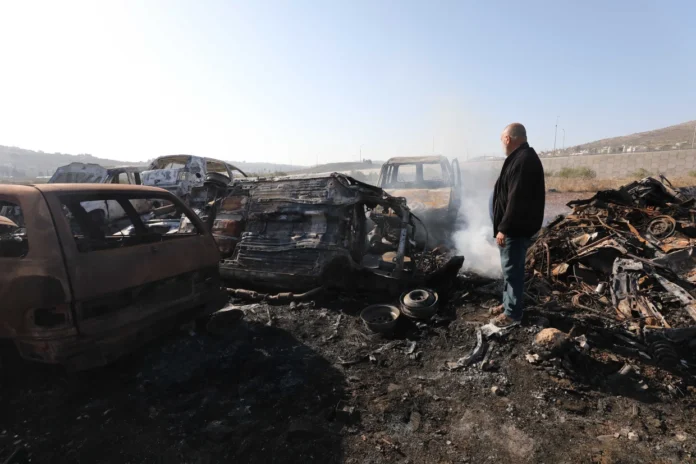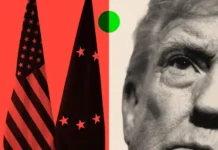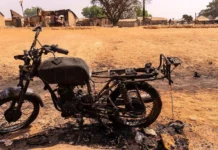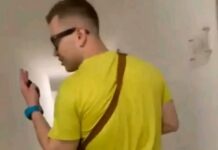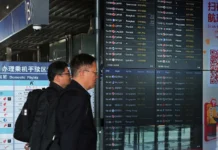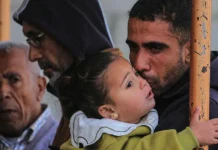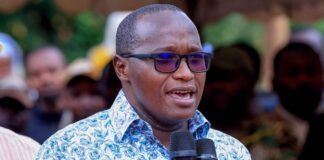JERUSALEM — Israeli Prime Minister Benjamin Netanyahu convened a high-level security meeting Friday to address a surge in settler violence in the West Bank, as fresh attacks underscored the escalating crisis. The meeting coincided with a new incident in the village of Huwara, where settlers were accused of hurling rocks at Palestinian vehicles and setting a massive fire at a scrapyard.
The closed-door session included officials from the military, Shin Bet domestic security service, and police, who discussed proposals to curb the violence. An official, speaking on condition of anonymity, said one floated idea was to send violent settlers to educational programs. This response has been criticized as inadequate by rights groups and Palestinians, who say the attacks are a daily occurrence and far exceed the actions of a “handful of extremists,” as Netanyahu has described them.
A Pattern of Violence and International Condemnation
The Huwara attack is part of a grim pattern. The U.N. documented 29 settler attacks in the past week alone, resulting in injuries and widespread damage to homes, mosques, and olive groves. This violence occurs against a backdrop of rising fatalities; Israeli forces have killed more than 200 Palestinians in the West Bank this year, including 50 children.
The international community is taking note. On Friday, Singapore joined other nations in imposing targeted financial sanctions and entry bans on four Israeli settlers for their involvement in “egregious acts of extremist violence.”
A Government Tied to the Settler Movement
The government’s ability to decisively curb the violence is complicated by its own political makeup. Key cabinet ministers, including Finance Minister Bezalel Smotrich and National Security Minister Itamar Ben-Gvir, are far-right proponents of the settler movement. The security cabinet meeting was held shortly after settlers celebrated the establishment of a new, unauthorized settlement near Bethlehem, signaling continued expansion.
For Palestinians like Mohammad Dalal, the owner of the torched scrapyard, the violence is a relentless reality. “Where can we go?” he asked. “We want to remain steadfast on our land, no matter what.”
By James Kisoo









